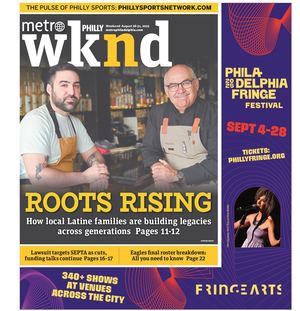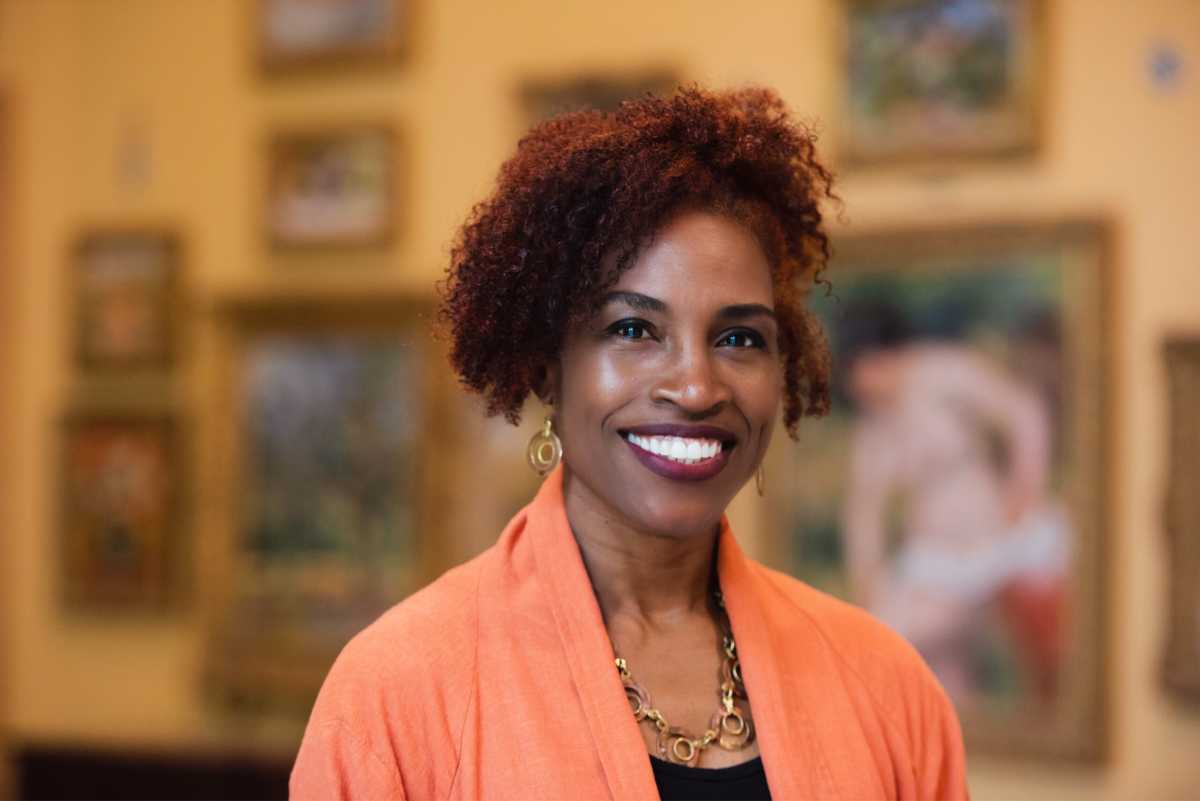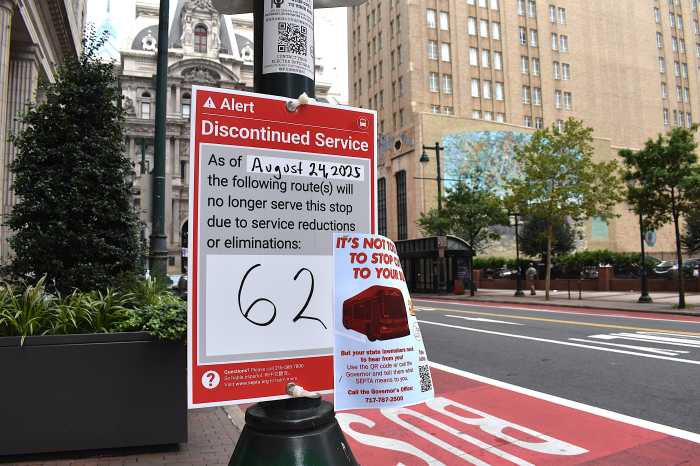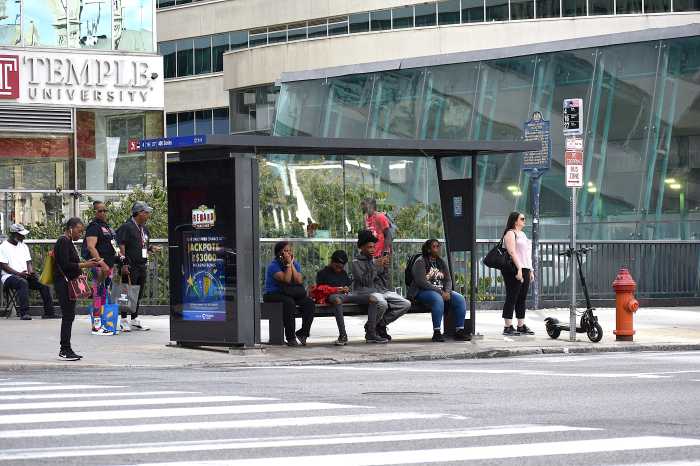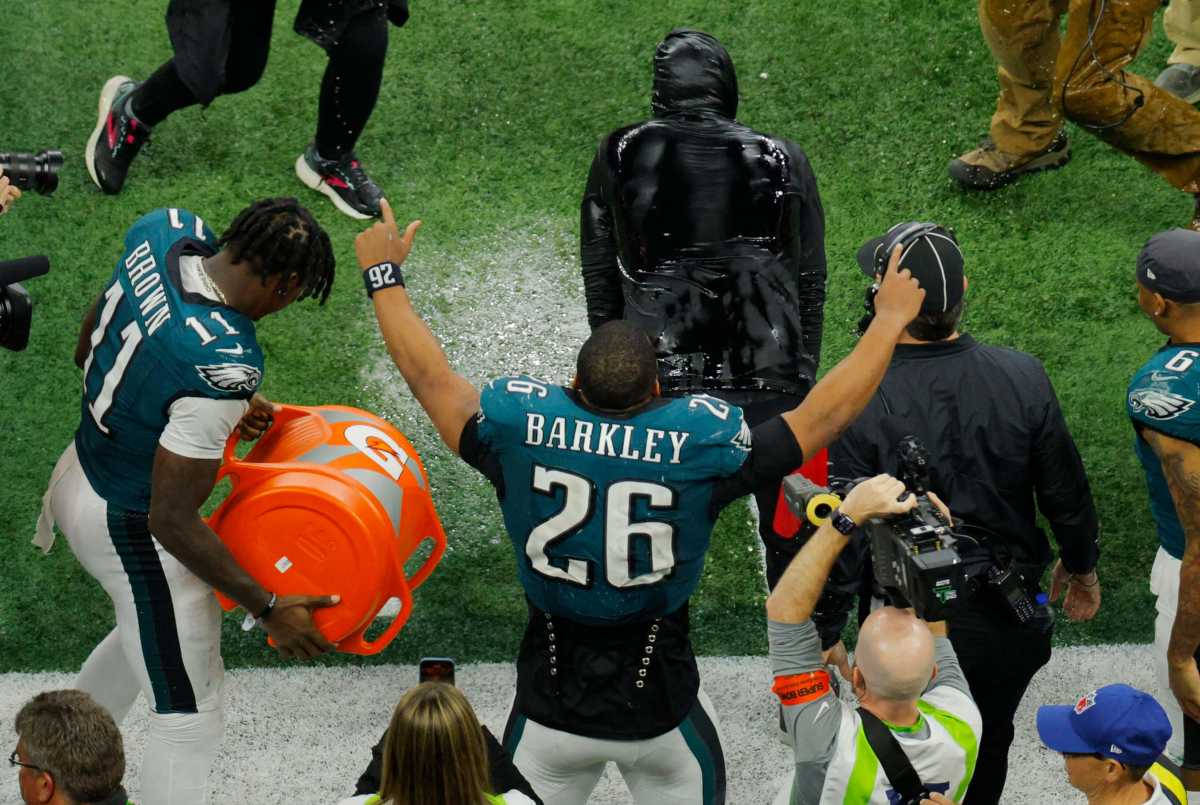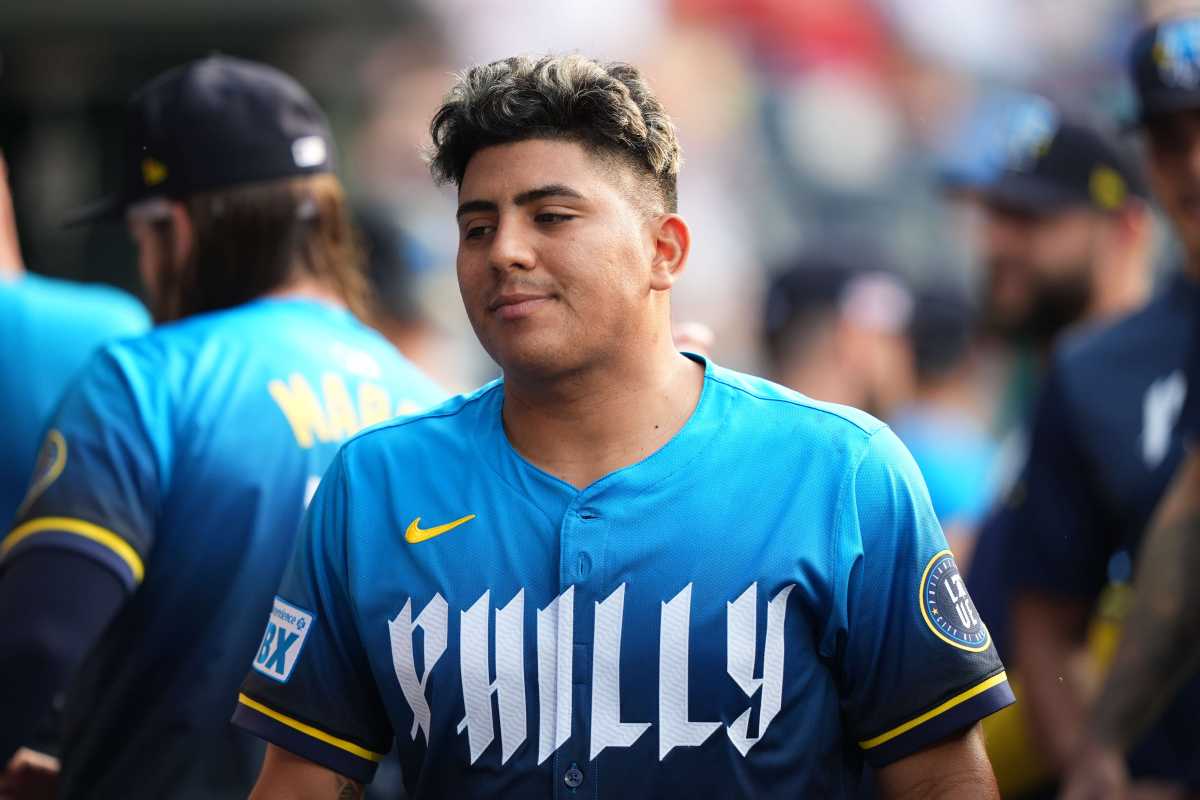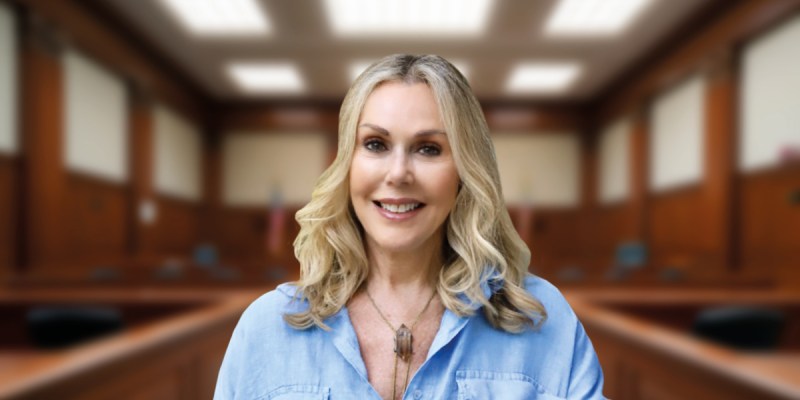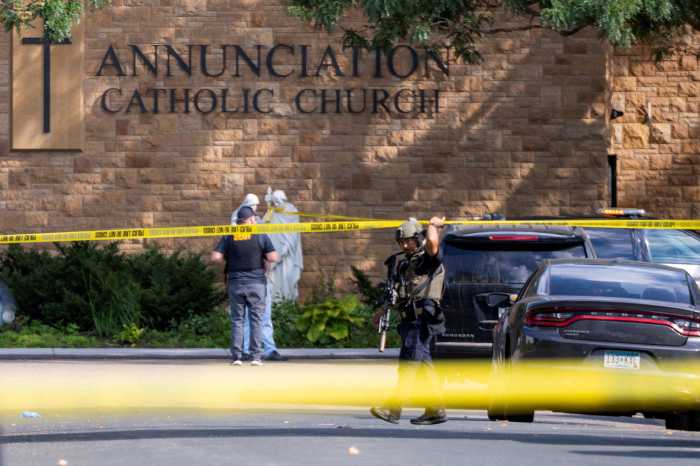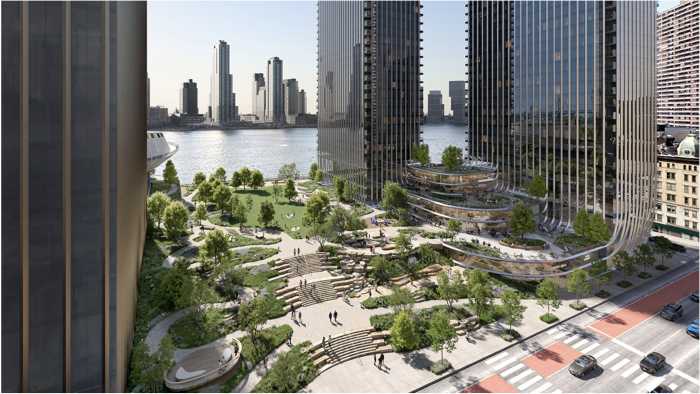Valerie Gay is Philadelphia’s newly appointed arts and culture leader.
But her storied history with art has been thriving long before Mayor Cherelle Parker named her Executive Director of the city’s Office of Art, Culture and the Creative Economy (OACCE). Gay — who will officially start her new role on April 10 — has released her own music, run a clothing line, and steered the ship at major local arts organizations. The Southwest Philadelphia native’s resume includes deputy director of audience engagement and chief experience officer at the Barnes Foundation, and executive director of the Art Sanctuary.
So why shift gears into public service?
“The eclectic things that I have done came together with the profile they were looking for with this role,” said Gay. “I’m a practitioner with experience fiscally, as well as an advocate, and my connecting the dots between the creative economy and economic development was appealing to them. What was appealing to me was being able to positively impact the city that I love so much from a multi-disciplined, intersectional way. The Mayor’s felt like a call that I had to answer.”
Gay has had a lifelong passion for music — the new arts and culture boss recalls singing at age 3 at a Lancaster Avenue church, playing piano at Girls’ High, and orchestrating the music for her graduation.
“My calling found me,” she said. “All of my callings… I don’t know how not to be myself within all of the environments I am a part of.”
With music as a “gateway” to everything she has done, Gay – “a pattern recognizer” – was drawn to designing and selling her own denim sportswear line FuseVox, then financial planning.
“I couldn’t have passed the planning exam unless I turned on the musical part of my brain, because it’s all about patterns, connected associative thinking… The connection between math and music is undeniable. Bring them together, and there’s stories they can tell. Add in people, and the stories get stronger.”
Yes, Gay was talking about composing songs and doing taxes and making risk assessments all in one mouthful.
As for the Barnes Foundation, she reminds Metro how Dr. Barnes loved music, often pared pieces in his collection with specific classical compositions, and how when she got to the Parkway in 2019, Gay could use all of her skillsets in engaging audiences.
“All people having access to the arts, the connections to social justice that the Barnes was founded on, the democratization of education… this sits in the center of what I want to do,” said Gay linking Dr. Barnes’ philosophy to her own. “Art can be at the foundation of any change in the society for the better.”
Gay can’t speak to specific initiatives for 2024, not from Parker or from her own mind, just yet.
“It would be presumptuous to come into office with a fully-baked cake,” she said. “I’m here first to listen and evaluate… biologically sound, with two ears, one mouth, learn as much as I can, build on what has been established and work. And you can’t have blinders on. Blinders will come. I just have to be and stay as open as possible.”
“We have an amazing music scene – jazz, indie rock, hip hop – and an amazing self-taught maker arts-and-artisan scene, which is something I learned from my time at Art Sanctuary. But those creatives often sit outside the academy,” she added. “So I want to celebrate the work that is already happening here FIRST. It’s like asset mapping: start from a place of passivity, what is working and lift that up. The holes, then – what we need to fix – will become evident, and we can make that stronger. We have to build stronger connections in everyone’s mind between the arts and culture sector and economic viability.”
